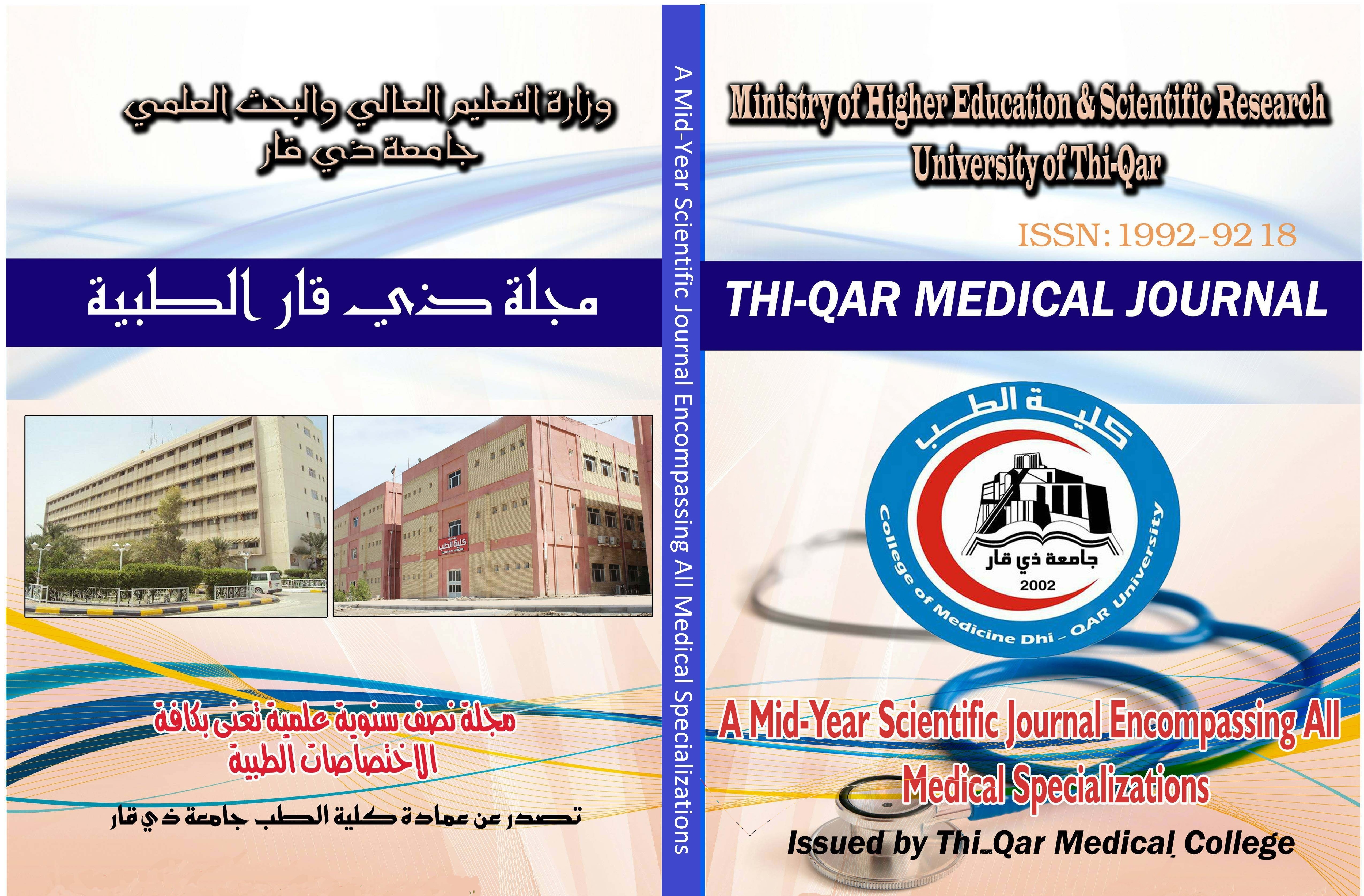Abstract
Background:
Invasive colorectal cancer is a preventable disease. Early detection through widely
applied screening programs is the most important factor in the recent decline of
colorectal cancer in developed countries .Full implementation of the screening
guideline scan decrease mortality rate from colorectal cancer in the United States by
an estimated additional 50%; even greater reductions are estimated for countries
where screening tests may not be widely available at present. New and more
comprehensive screening strategies are also needed.[1] Fundamental advances in
understanding the biology and genetics of colorectal cancer are taking place. This
knowledge is slowly making its way into the clinic and being employed to better
stratify individual risks of developing colorectal cancer, discover better screening
methodologies, allow for better prognostication, and improve one’s ability to predict
benefit from new anticancer therapies.[2] In the past 10 years, an unprecedented
advance in systemic therapy for colorectal cancer has dramatically improved outcome
for patients with metastatic disease. Until the mid-1990s, the only approved agent for
colorectal cancer was 5-fluorouracil. New agents that became available in the past 10
years
include cytotoxic agents such as irinotecan and oxaliplatin,oral
fluoropyrimidines (capecitabine and tegafur), and biologic agents such as
bevacizumab, cetuximab, and panitumumab.Though surgery remains the definitive
treatment modality, these new agents will likely translate into improved cure rates for
patients with early stage disease (stage II and III) and prolonged survival for those
with stage IV disease. Further advances are likely to come from the development of
new targeted agents and integration of those agents with other modalities such as
surgery, radiation therapy, and liver-directed therapies.[3] this study was done in Al
Nassyria in Al Hussein teaching hospital through 2 years from April 2008 to
March 2010 with 3 years fallow up on 32 patients complaining from stage 11
and stage 111 colonic cancer, 10 of them they arrived to the hospital as an
emergency cases with intestinal obstruction or uncontrolled bleeding per rectum
and 22 cases as an elective cases who presented from either sub acute intestinal
obstruction, chronic loss of weight, chronic loss of appetite abdominal mass and
or intermittent bleeding per rectum , ages of patients range between 30 to 80
years.18 patients males and 14 patients were females. Aim is To make screening
for stage 11& 111 colonic cancer admitted to our unit and role of radical surgery in
emergency cases comparing with radical surgery in elective surgery . Ca. of rectum
was excluded from the study. We get 84%(27 patients) above 50 years, males were
more,18 patients, annular type were the commonest type (50%). , about
histopathological study 18 patients (56.25%)were moderately differentiation ,9
patients (28.1%)poorly differentiation and 5 patients (15.6%) were well
differentiation. There were no significant differences of radical surgery in
elective and emergency presented cases in recurrence and post operative
complications.
Invasive colorectal cancer is a preventable disease. Early detection through widely
applied screening programs is the most important factor in the recent decline of
colorectal cancer in developed countries .Full implementation of the screening
guideline scan decrease mortality rate from colorectal cancer in the United States by
an estimated additional 50%; even greater reductions are estimated for countries
where screening tests may not be widely available at present. New and more
comprehensive screening strategies are also needed.[1] Fundamental advances in
understanding the biology and genetics of colorectal cancer are taking place. This
knowledge is slowly making its way into the clinic and being employed to better
stratify individual risks of developing colorectal cancer, discover better screening
methodologies, allow for better prognostication, and improve one’s ability to predict
benefit from new anticancer therapies.[2] In the past 10 years, an unprecedented
advance in systemic therapy for colorectal cancer has dramatically improved outcome
for patients with metastatic disease. Until the mid-1990s, the only approved agent for
colorectal cancer was 5-fluorouracil. New agents that became available in the past 10
years
include cytotoxic agents such as irinotecan and oxaliplatin,oral
fluoropyrimidines (capecitabine and tegafur), and biologic agents such as
bevacizumab, cetuximab, and panitumumab.Though surgery remains the definitive
treatment modality, these new agents will likely translate into improved cure rates for
patients with early stage disease (stage II and III) and prolonged survival for those
with stage IV disease. Further advances are likely to come from the development of
new targeted agents and integration of those agents with other modalities such as
surgery, radiation therapy, and liver-directed therapies.[3] this study was done in Al
Nassyria in Al Hussein teaching hospital through 2 years from April 2008 to
March 2010 with 3 years fallow up on 32 patients complaining from stage 11
and stage 111 colonic cancer, 10 of them they arrived to the hospital as an
emergency cases with intestinal obstruction or uncontrolled bleeding per rectum
and 22 cases as an elective cases who presented from either sub acute intestinal
obstruction, chronic loss of weight, chronic loss of appetite abdominal mass and
or intermittent bleeding per rectum , ages of patients range between 30 to 80
years.18 patients males and 14 patients were females. Aim is To make screening
for stage 11& 111 colonic cancer admitted to our unit and role of radical surgery in
emergency cases comparing with radical surgery in elective surgery . Ca. of rectum
was excluded from the study. We get 84%(27 patients) above 50 years, males were
more,18 patients, annular type were the commonest type (50%). , about
histopathological study 18 patients (56.25%)were moderately differentiation ,9
patients (28.1%)poorly differentiation and 5 patients (15.6%) were well
differentiation. There were no significant differences of radical surgery in
elective and emergency presented cases in recurrence and post operative
complications.
Keywords
Ca. colon
radical resection. Stage 11&111
